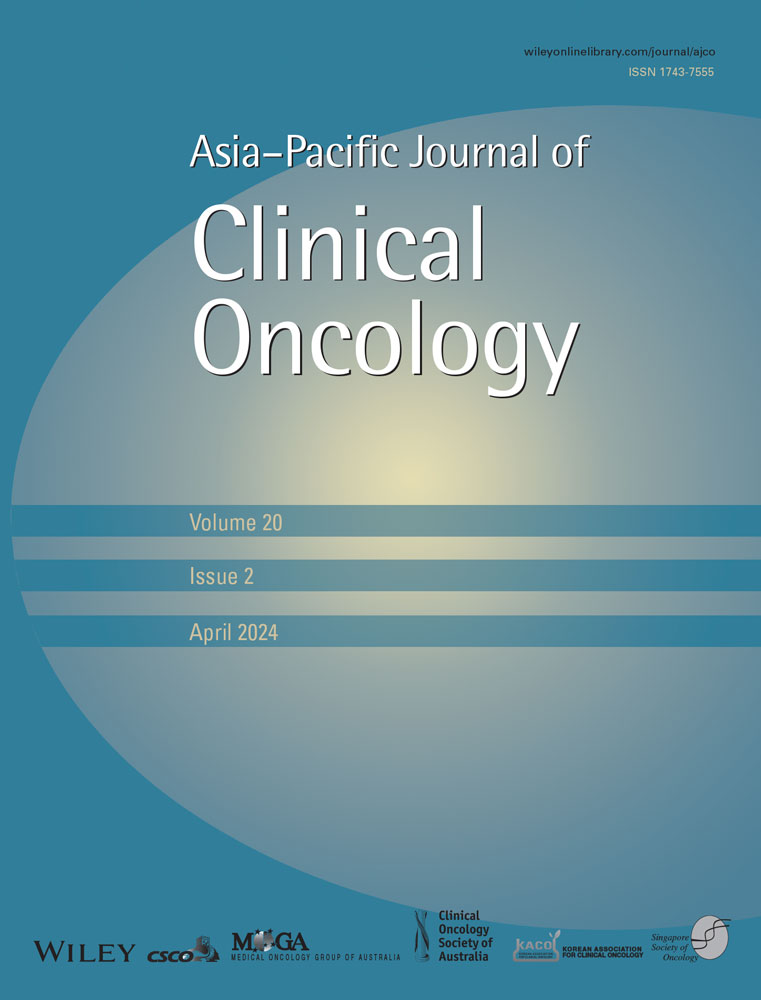When teams disagree: Investigating the incidence and causes of dissent occurring in cancer multidisciplinary team meetings
Abstract
Aim
Multidisciplinary teams (MDT) are commonly involved in the care of patients with cancer. How frequently dissent occurs within MDT has not been studied. This study aimed to determine how frequently dissent was documented in cancer MDT meetings at our institution, the reasons for this, and the opinions of MDT members on how dissent should be documented and communicated.
Methods
A retrospective review of records from cancer MDT meetings at our institution from 2016 to 2020 was performed to identify cases where dissent was documented and the reasons for this. MDT members were invited to complete an online survey assessing their perceptions of how frequently dissent occurred, how comfortable they felt voicing dissenting opinions, and their opinions on how dissent should be documented and communicated.
Results
Dissent was recorded in 30 of 7737 MDT case discussions (0.39%). The incidence of dissent varied from 0 to 1.2% between cancer streams. The most common reason for dissent involved the role of surgery. 27% of survey respondents felt either very or somewhat uncomfortable voicing dissenting opinions. Only 3% felt that dissent should not be documented, and none that it should not be communicated in some way, although there were wide ranging of views on how this should occur.
Conclusion
Dissent was rarely documented within cancer MDT meetings at our institution, likely due to underreporting. Measuring the incidence of dissent within an MDT may be a useful performance metric. MDT should develop policies for how dissent should be managed, documented, and communicated.
CONFLICT OF INTEREST
The authors have no conflict of interest to disclose.
Open Research
DATA AVAILABILITY STATEMENT
Research data are not shared.




